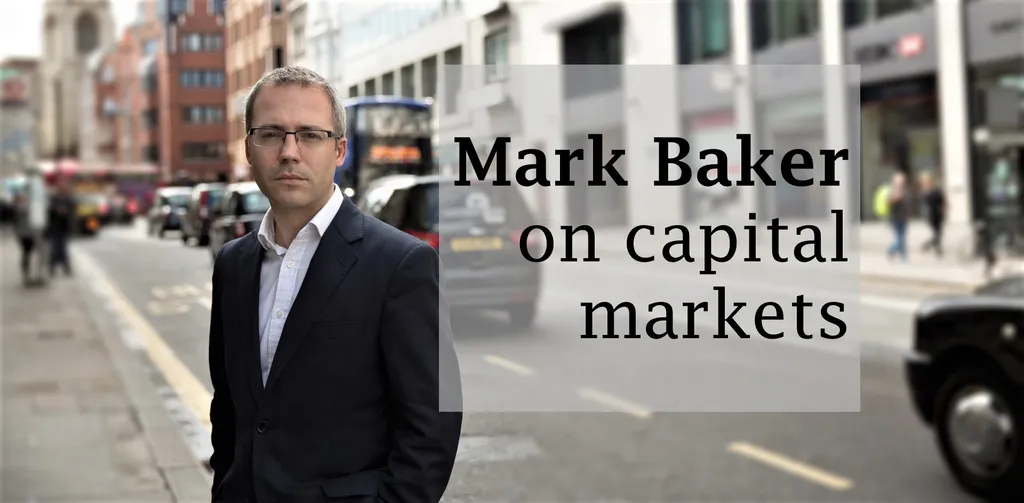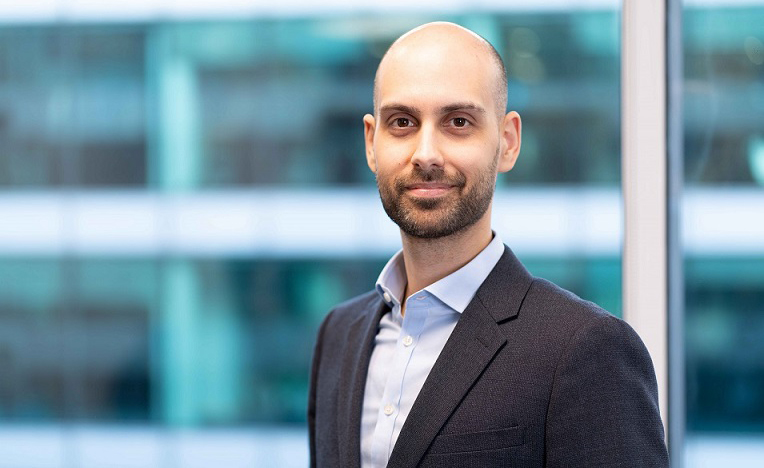Some odd talk surfaced in equity capital markets in the last two weeks, courtesy of a Wall Street Journal report that noted an idea being touted around of so-called ‘private IPOs’.
The report quoted Christian Sinding, chief executive of private equity sponsor EQT, as saying that his firm had “just made up the name because we were getting frustrated at the challenges of the public market.”
He wanted to popularise the idea of what he referred to as a parallel structure.
“Why does a company need to be public?” he concluded.
Well, why indeed? It doesn’t, of course. And when it’s not public, it’s private. And it won’t have done an IPO – an initial public offer – of any sort. The clue really is in the name.
Sinding has inadvertently hit the nail on the head: companies are often brought to market that should not be
But although his talk of private IPOs is semantic nonsense, Sinding has inadvertently hit the nail on the head in one respect. Part of the problem with IPOs throughout history, but particularly towards the tail end of ultra-bullish periods, and as exemplified by the special purpose acquisition company (Spac) lunacy of 2020/21, is that companies are often brought to market that should not be.
Any ECM banker will tell you that they have worked on flotations for companies that were not really ready, did not have a solid financial track record, were still at the speculative stage, whose shares were never going to be broadly or soundly distributed, and so on.
Wrangling juice
There have always been deals like this, where it feels as if the IPO market is being used as another private funding round. Company owners and management teams want to have their cake and eat it – they want the prestige of a public listing, yes, but also the ability for owners and employees to monetise their holdings.
Having exhausted the patience and tolerance of private investors, they think they can wrangle some juice out of a public investor base eager to ride some wave or other. Sometimes the clue is in dual-class structures that are so egregious as to make the company private in all but name.
But this mis-use of public markets is not what Sinding is advocating for. In fact, if he had his way it would presumably happen less often. Because what he is describing is making more routine the way in which private companies sometimes decide to carry out a sale of shares to the kinds of investors that would traditionally buy public stocks – but doing it in private.

There is a reason why such deals are not a widespread phenomenon – and are unlikely to become so.
Even if sponsor owners decide to push private transactions with traditional public investors, the fact remains that buying and selling shares privately is incredibly complicated.
The existence of a wider set of shareholders might, at the margin, make it slightly less complicated, particularly if there are enough holding the stock on a different basis to a classic venture capitalist, with more of an active trading mentality.
But even assuming that there are more potential buyers and sellers, the bulk of the complication derives from the highly restricted nature of private shareholdings.
The biggest traditional equity investors are well aware of all this – for years, they have had to listen to specialist consultants touting inventories of private stocks and the people that hold them, hoping to act as intermediaries for a trade.
But even if you can locate both sides of a potential trade, the real work has not even started. Anyone seeking to buy into a private company typically must sign up to an exhaustive and exhausting range of warranties, most of which limit to whom and in what circumstances you might be able to sell those shares again in the future.
That is not quite how big equity investors want to operate, which is why there is a thing called the private market and a thing called the public market, and the two are different things that are generally aimed at different people.
Yes, there are units within public-market investors that take positions in private companies, but that is a diversification play rather than their core area.
There are other reasons for that too. Talk to a big investor about why they are sceptical about private opportunities and their response will be that they have a huge competing opportunity set of public market prospects that already have plenty of liquidity and plenty of disclosure.
After all, the same rationale frequently applies to IPOs, particularly in Europe, where investors are often reluctant to bite the bullet on deals when they can get similar exposure to already listed stocks that have a track record.
Not so bad
And so now for the other side of the matter – the perceived woeful state of actual public IPOs, according to Sinding and plenty of other observers.
Well, on some measures, things don’t look great, particularly in Europe, the Middle East and Africa. Year-to-date volumes of IPOs on the region’s exchanges (as distinct from listings of its companies, because the biggest deal this year, the $1.6 billion flotation of Finland’s Amer Sports, in fact took place in New York) are down about 33% from the same point in 2023.
But things aren’t quite as bad as that suggests. The number of deals is about the same as last year. And while this year is clearly not a blow-out, it is far from being an appalling start, with the same year-to-date number of deals as the median since the global financial crisis.
And let’s get one thing straight. If IPOs have been a little thin on the ground since the heady days of 2021 and even 2022, it is not because there are no companies that want to come to market, or that there are no companies that should come to market, or – most importantly – that the market somehow doesn’t work because IPOs trade down.
Assuming no market meltdown, deals done well trade well. Look at the likes of Renk, or Athens International Airport (AIA), or even – after an albeit nervous start to trading – Theon International.
Renk makes gearboxes for the German tanks that Ukraine is using to fight the Russian invasion. It priced its IPO on February 7 and is now trading more than 70% higher. AIA, which priced a few days earlier, has been a little more sedate but is up about 6%.
Theon, a machinery-maker based in Cyprus, listed in Amsterdam on the same day as Renk. After a few days below IPO price, it is now showing a profit of nearly 20%. And a smattering of smaller transactions from Turkey are all up, as is Saudi pharmaceutical firm Avalon.
Amer Sports, which went off to New York at the end of January, is up nearly 40%.
There is of course a tendency for listings to be damned if they don’t perform well and damned if do they perform well. But the simple reality is that companies are often not told that going to market requires you to accept a big discount.
There is nothing new under the sun: to be successful, IPOs need reasonable expectations on price from the sellers and distribution to the right buyers. This has never changed. Far from being a mistake, leaving plenty on the table is the right thing to do.
The terminology doesn’t help. Tell a seller that they have to offer an IPO ‘discount’ and they might argue that they are not in the business of giving stuff away. They certainly won’t like the idea of there being some kind of punishment for going public – today’s management are as likely to think that investors should consider themselves privileged to have the opportunity to buy in.
But 20 years ago, it was understood by listing candidates that a company going public should start low, offer value to investors and so grow into its target valuation over time. Is it as widely understood now?
The American way
Of course, it helps if you do deals the way they still generally do in the US – little, if any, secondary selling, and instead using the flotation to let a public-market investor base share in the next stage of the equity story.
Not only do buyers prefer not to see their money walk right out of the door, but a primary deal makes the issue of leaving money on the table less of an annoyance for existing owners.
And sure enough, Amer Sports ticked that box, raising all new money in its IPO. But the reality is that the backlogged pipeline is full of deals where sponsors need to realise cash to feed back to their own investors after some lean times.
Renk managed to do well despite being all secondary, with the deal supported by two cornerstones as private equity owner Triton sold down, having revived a listing that it had originally wanted to complete last autumn.
But Douglas, the German beauty products company owned by CVC, has this week launched its €800 million IPO not only with no secondary sell-down but with CVC actually planning to inject an additional €300 million alongside the offer.
And EQT itself has also launched the IPO of skincare firm Galderma in Switzerland with a hefty SFr2 billion ($2.3 billion) primary tranche and an as-yet-undisclosed secondary sell-down. Sinding has obviously resisted the temptation to try a private IPO for all that.
For all the doomsayers, there are clear signs that the IPO market in Europe is receptive to good businesses if they are priced sensibly and where public-market investors do not feel that they are being squeezed for every last euro.
Sponsors are showing themselves to be thoughtful on pricing and structure: they would do well to continue those habits, not waste time touting peculiar new ways to avoid them.




